教室はとても便利です。JR総武線の両国駅の東出口てすぐ真向いです。
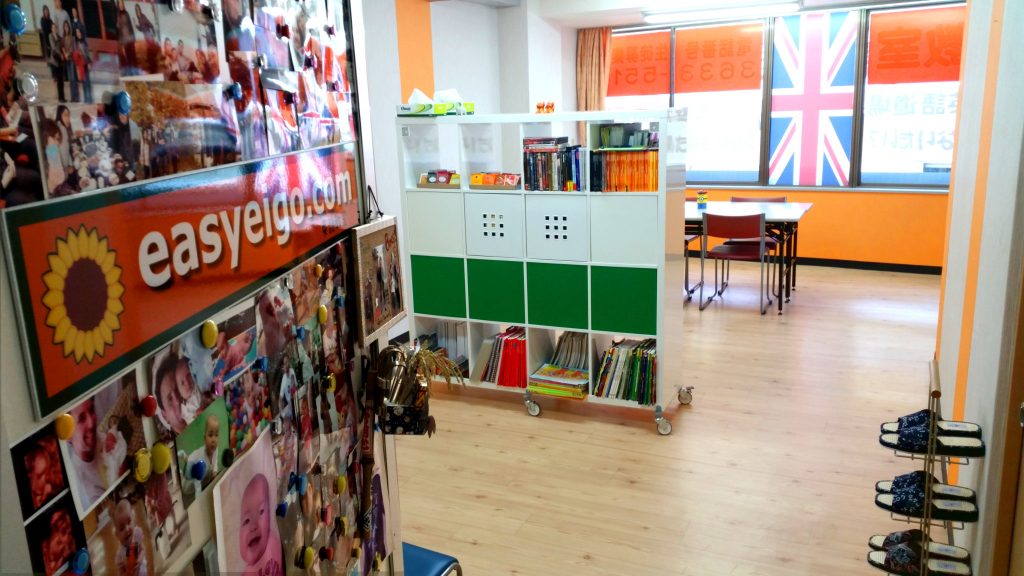
教室は広くてとてもきれいです。さあ、英語を始めましょう!
 待合室も設けてありますので、洋書コーナーで本を選んでおくつろぎください。
待合室も設けてありますので、洋書コーナーで本を選んでおくつろぎください。

寛ぎやすい教室で楽しくリラックスしてレッスン出来るので、上達も速いはずです!
easyeigo英語教室へようこそ!両国には英語教室がほとんどないのでもしかしたら、外国人教師が教える初めての教室になるかもしれません。私たちの教室は、リーズナブルな料金で確実に質の高い英語教育を提供することをモットーとしております。
とにかくたくさん聞いて話すことが大事です。確実に英語力がアップし皆さんのそれぞれの目標達成の御力添えになれますよう日々努力したいと思っております。よろしくお願いします!
ブライス タナー 室長
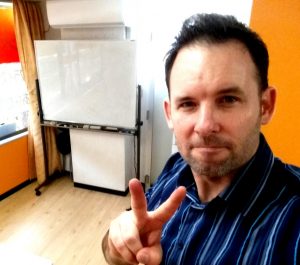
ブライス先生はオーストラリアで留学生に対し英語を教えていましたが、その後来日し、某英会話教室にて教師を勤めていました。ビジネス英語と子供英会話を主に担当しており、クラスは非常に活気に溢れ楽しく効果的に英語を学べると高い評判を得ていました。
オーストラリアのブリスベン出身で、数年間合気道を学び 、日本の文化に興味を持ち始めました。 日本に来てからは、たくさん旅行をし生まれて始めて雪を見て感動したそうです。またブライス先生は、日本の田舎、子供、ビールそして焼き肉がお気に入りのようです。
生徒のみなさんへ一言!: “教師は、あなたの身近なパートナーです。私は、いつも生徒さん達をそばで見守っています!”
easyeigo英語教室の大人クラスでは堅苦しい規則にとらわれず柔軟性のあるクラスをモットーとしております。
フレンドリーな雰囲気で楽しみながら英語を勉強しましょう。授業時間中は、生徒同士も英語で話しましょう。とにかく出来る限り多く話すことが一番大事なのです
私たちは一般的な文法、ボキャブラリー、表現方法を活用して英語が自然に話せるようになれるよう努力したいと思っております。, 例えば このようなレッスン方法があります。
大人クラスはレベルによって初級から上級まで6クラスにわかれています。私たちが、生徒さんの希望や能力に応じてクラス編成していきます。
英語の勉強を始めたいけどレベルが心配。。。と思っていませんか?そんな方のために超初心者大人クラスをつくりました!NO PROBLEMです!生徒全員が超初心者の大人クラスです。ですから、クラスは、やさしく楽しめるようにいつも心がけています。さあ今から始めましょう!
easyeigo英語教室では, 生徒さんに楽しんでいただけるよう、種類も豊富な洋書コーナーを用意しております。
みなさんが一度は見たことや聞いたことがあるような昔や現代のストーリーや映画など、7段階の英語レベルで取り揃えております。生徒さんは、自分の レベルや好みにあわせて本を選ぶことが出来ます。 これらの書籍は the Penguin Graded Readers Collection と the Oxford Bookworms Libraryから出版されたものです。
どうです?楽しそうでしょう? もちろんすべて無料です!
What a wonderful party!! 25人ぐらい来ました。とても面白かった!みんなさん、来てくれて、ありがとう!!!
しかし、今は二日酔いです (>.<) I have a nasty hangover.
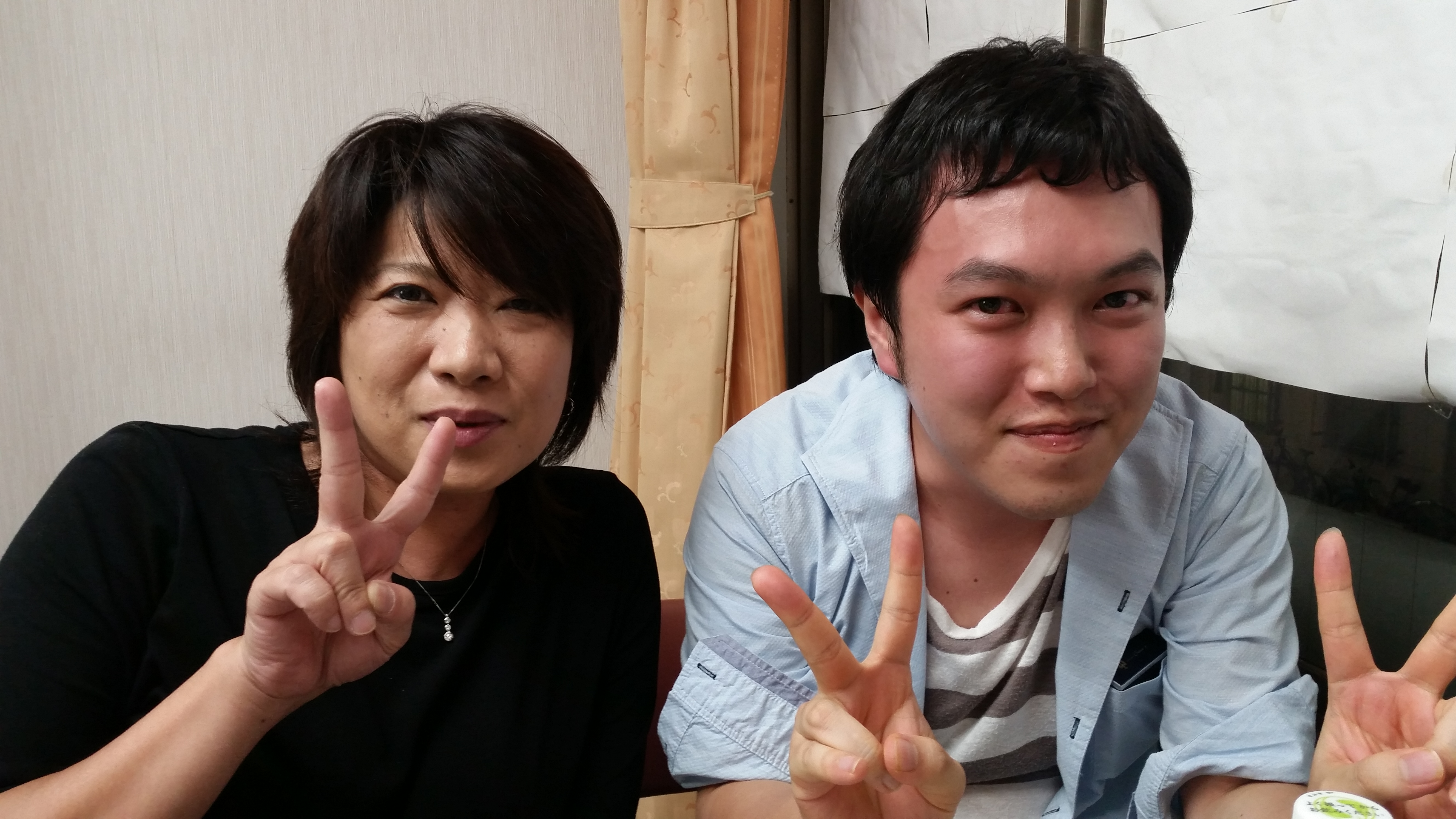

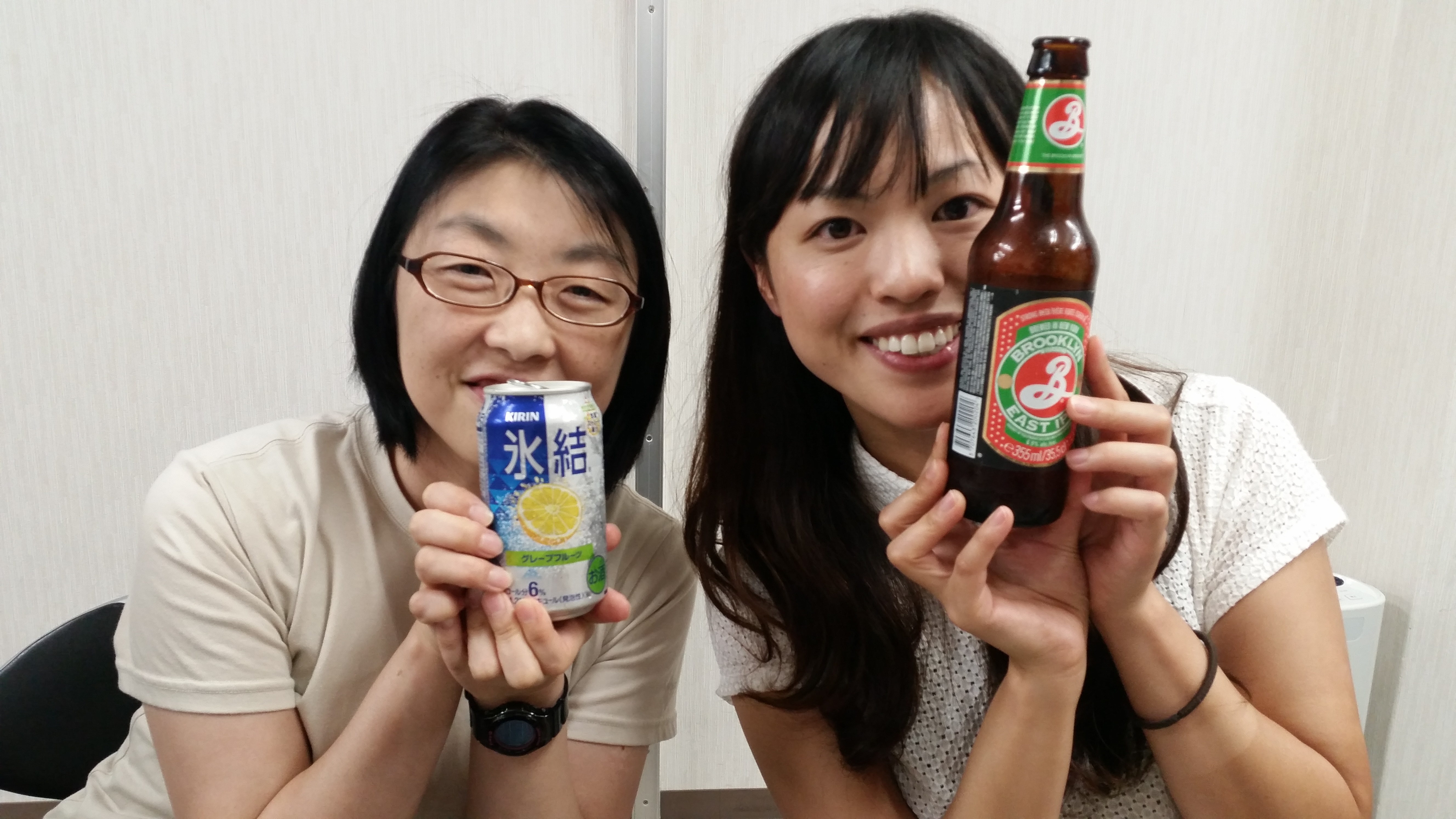

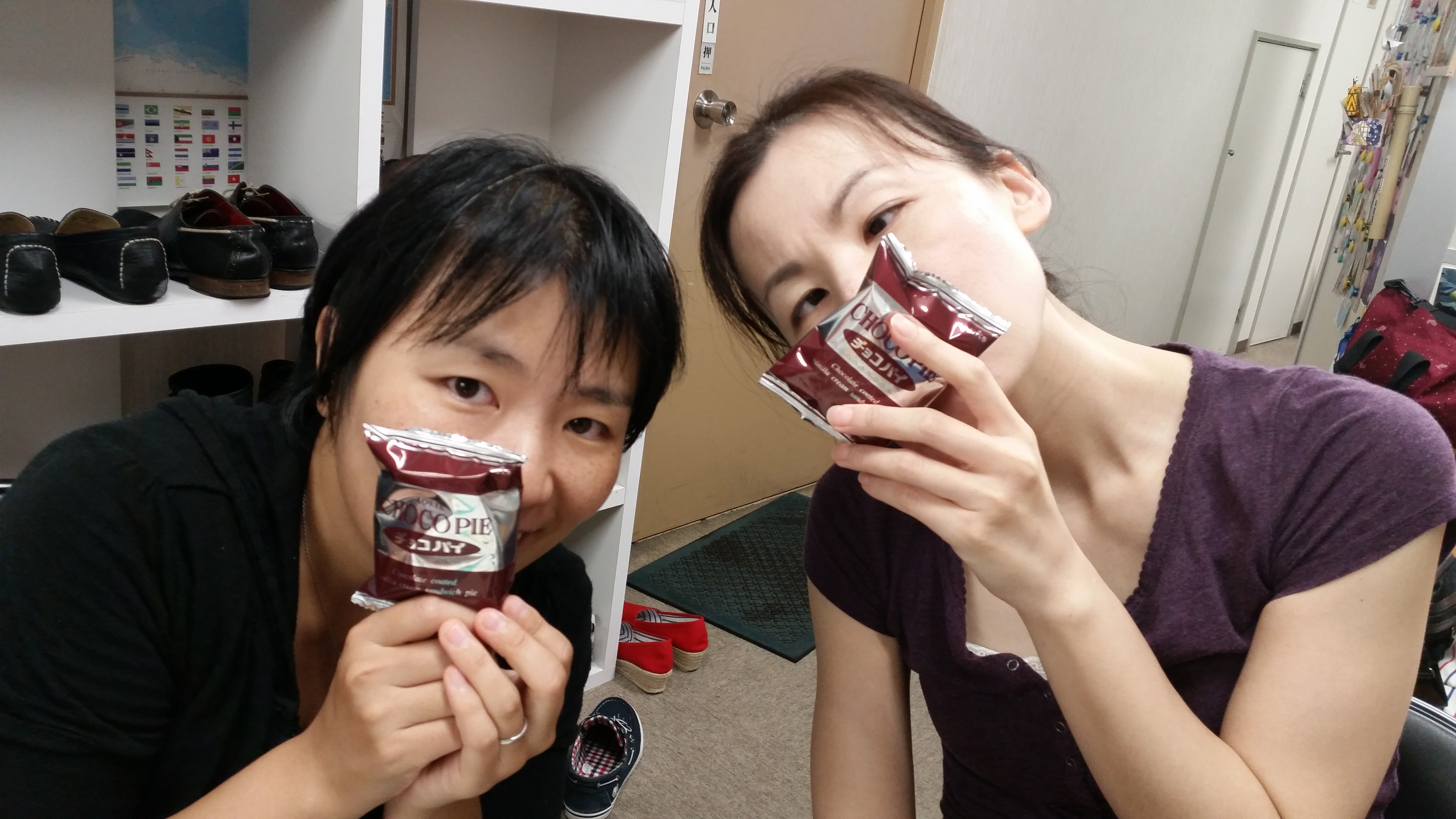
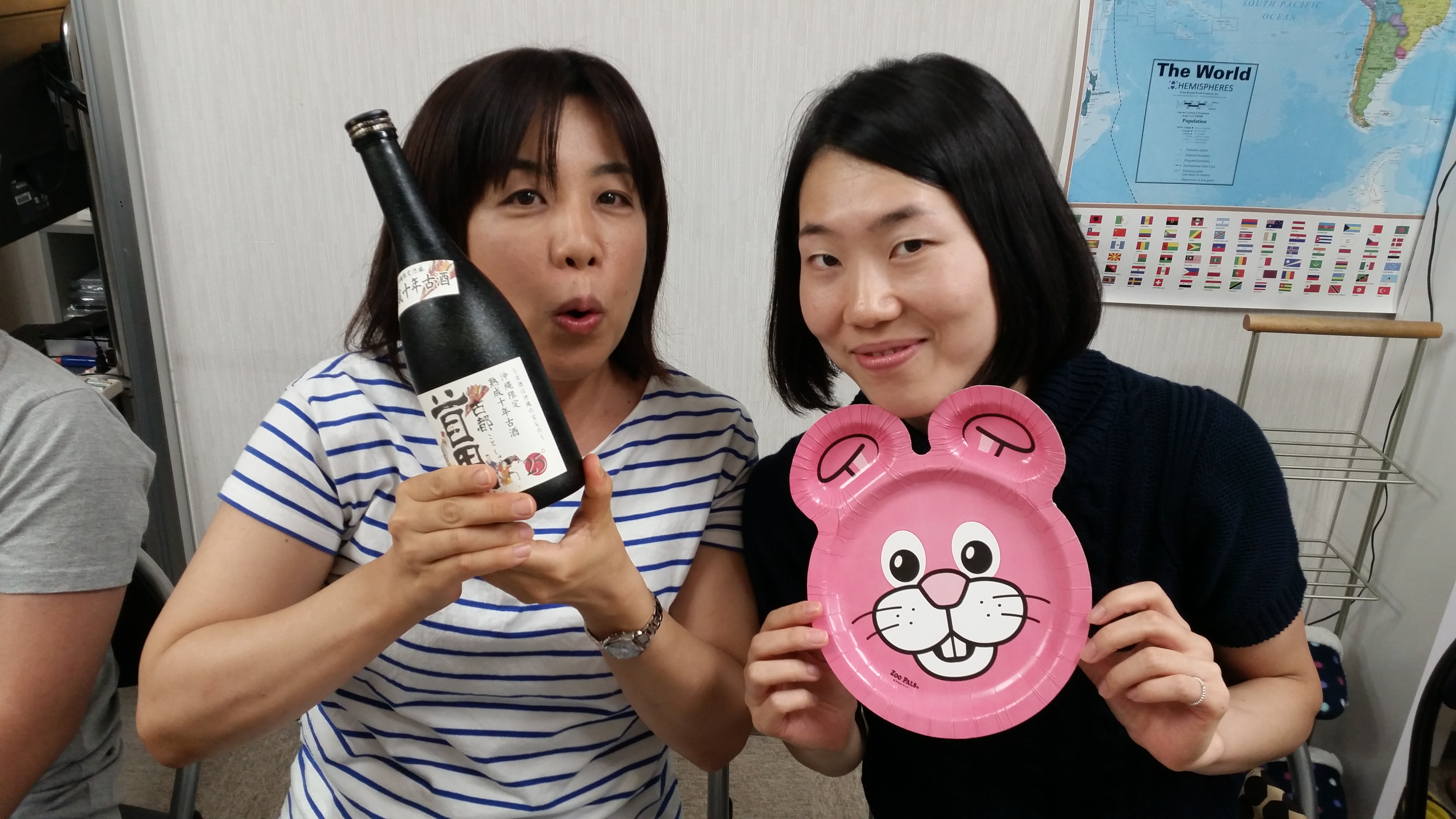
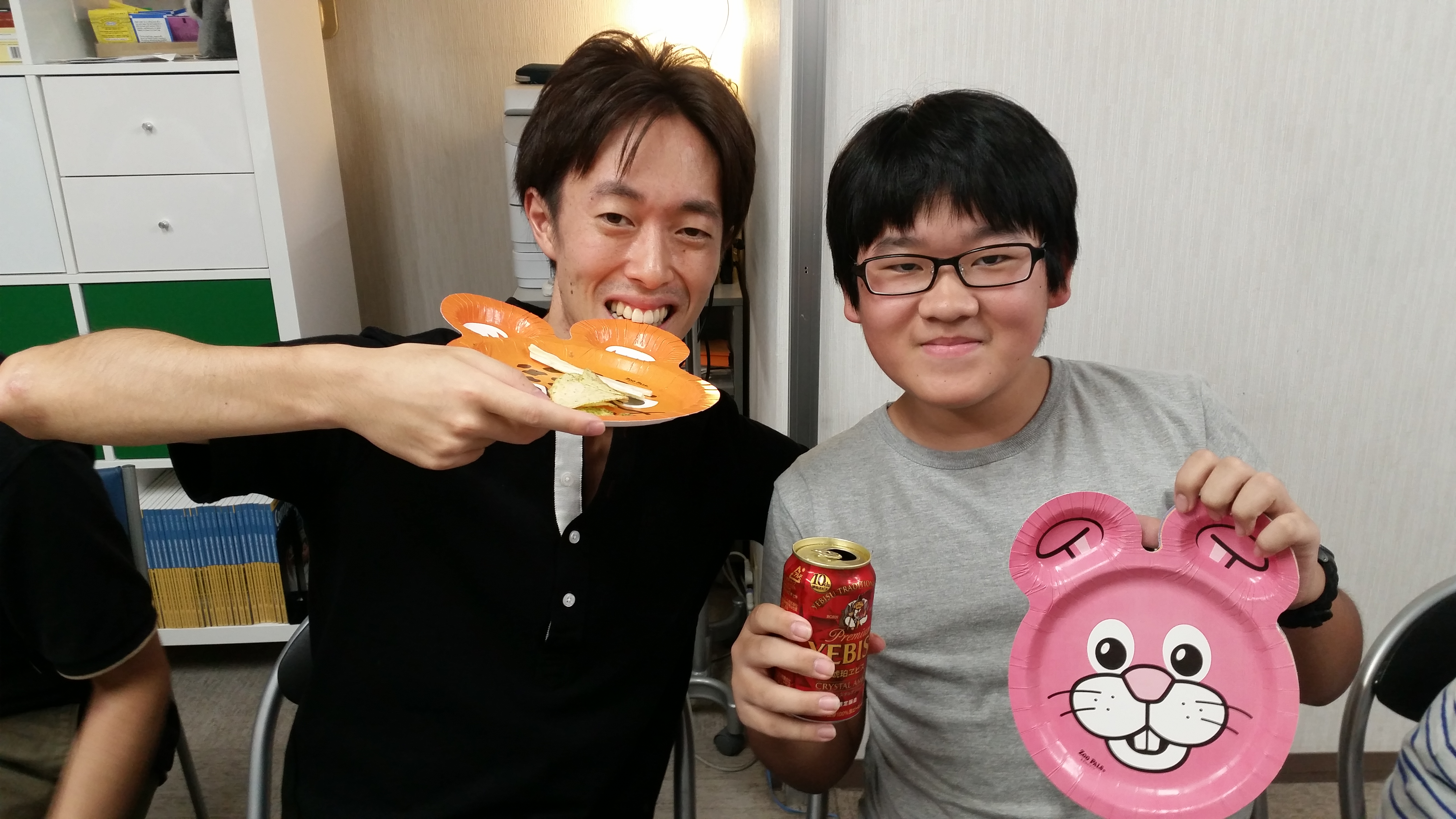
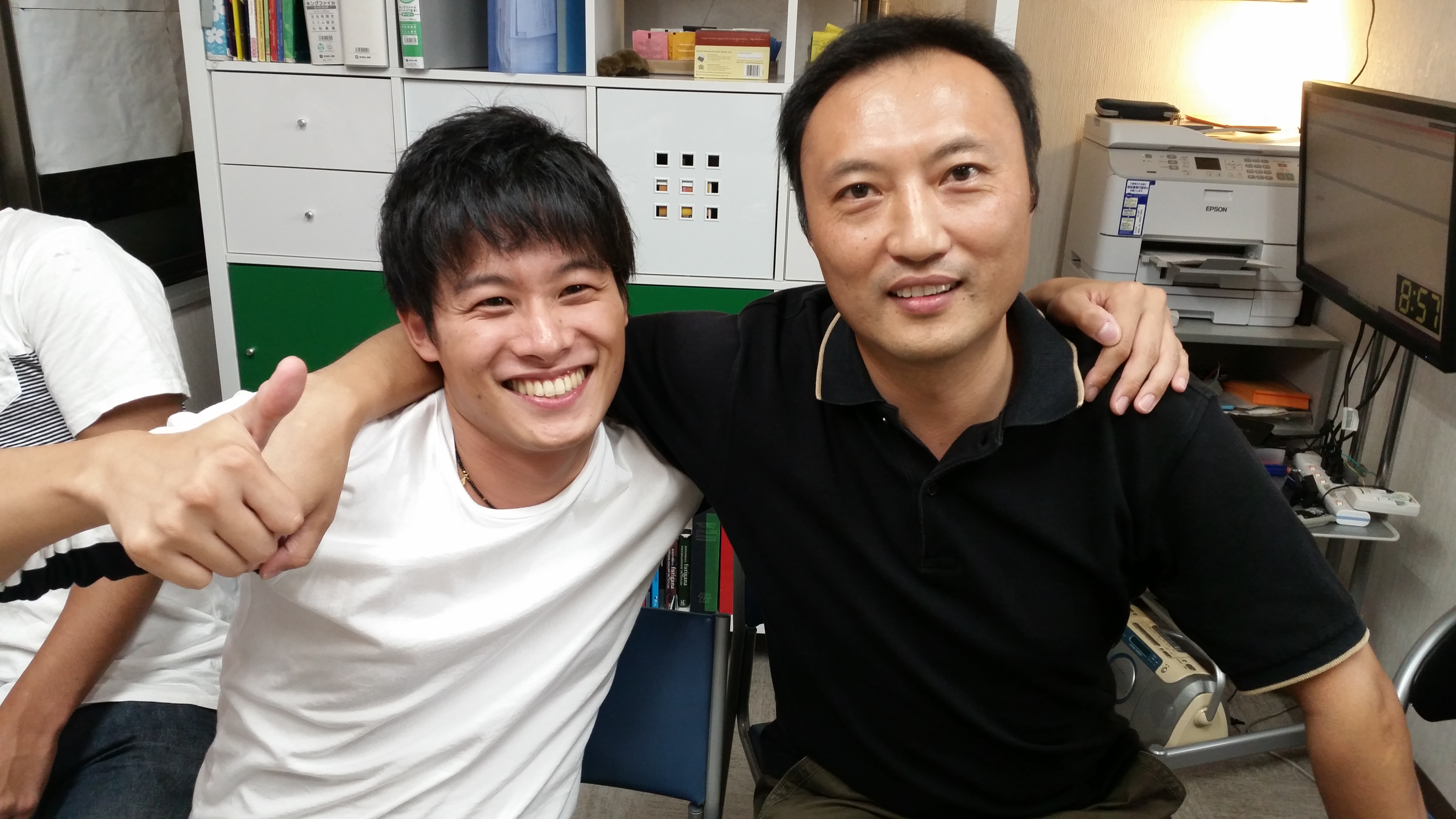
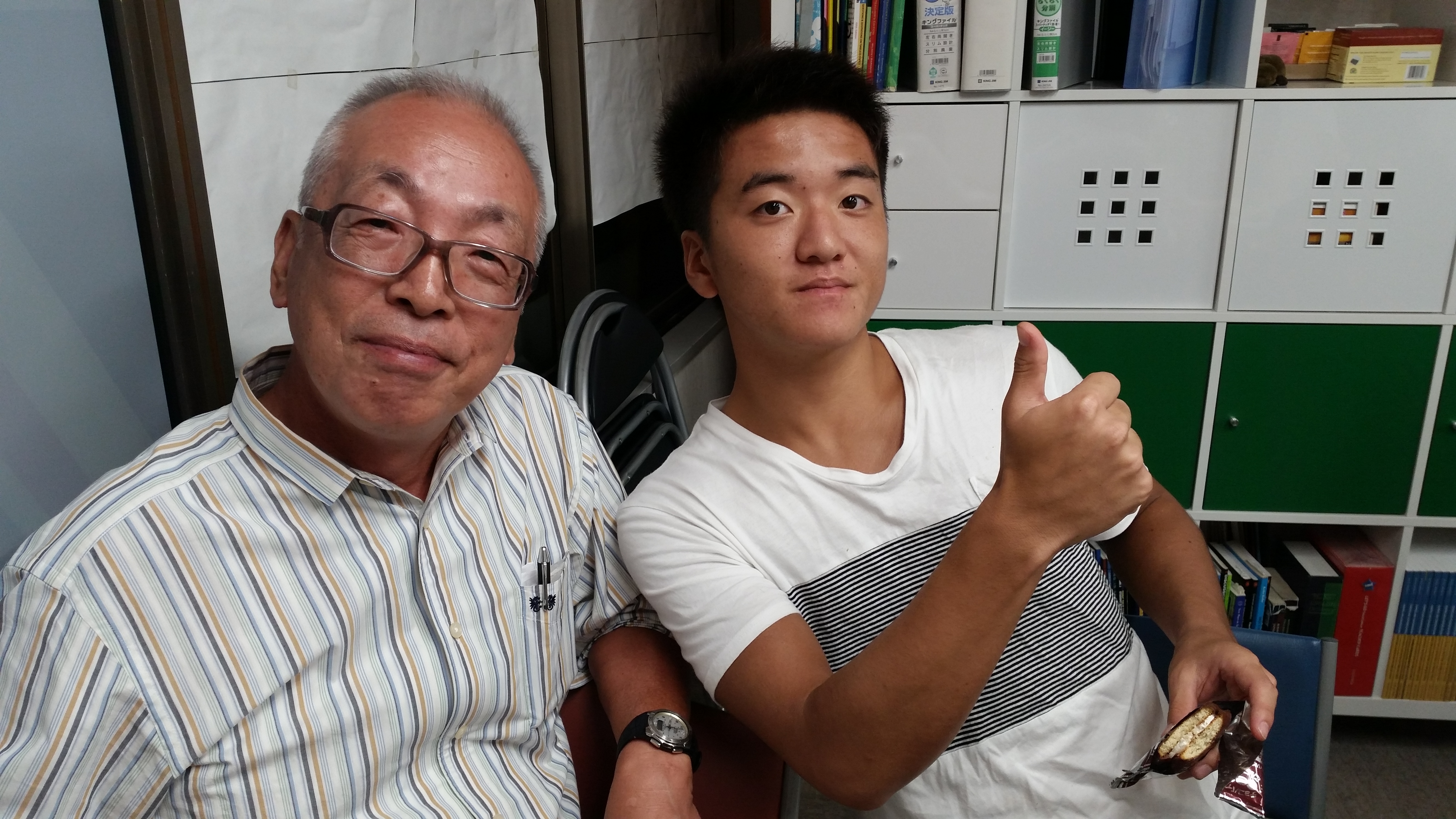

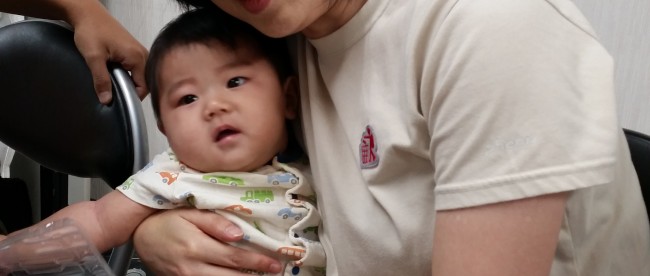
Had a great evening making hamburgers and drinking craft beer with two of my long time students/friends. We went to J.S. Burger in Shinjuku. Japanese craft beer provided by NEST BEER. What a great night!!!




This is just a quick note about a common mistake among students.
予約 can be translated as “appointment” or “reservation”, but these are most often used for when we are talking about a business meeting or a dentist appointment etc.
When we are talking about meeting our friends, we say “I have plans.”
Examples:
OK?
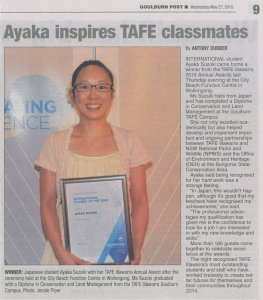
My wonderful student Ayaka, received the award of INTERNATIONAL STUDENT OF THE YEAR from her college in Australia. Her achievements were also celebrated in the local newspaper.
Ayaka’s hard work and winning personality will take her to many countries, I’m sure.
Well done Ayaka!! We miss you!!
”可哀そう” is a little tricky in English for many of my students. Most students make the mistake of just saying “poor”. For example, thinking “可哀相”, they might say “Bryce is poor.” However, this actually means “ブライスは貧乏です”.
Using “poor” is OK, but we usually only use it like this;
Poor + 主語
Do you see? We usually only use it with someone’s name, or short description.
But there is another way, using the phrase “I feel sorry for 主語.” Please check out these examples.
This method is a little more flexible when we want to express 可哀相. Please try it out, when you get the chance.
 Great spring camping!! 3 Japanese, 2 Koreans and 3 Australians, in 秩父 in Saitama. FANTASTIC!!!!
Great spring camping!! 3 Japanese, 2 Koreans and 3 Australians, in 秩父 in Saitama. FANTASTIC!!!!
Hahaha. This is something I have repeated what seems like a million times.
Here are some common phrases I hear from students:
This is really strange English! これは変な英語ですよ!
Now, for correct English you can easily replace “back” with “return”.
Now, you can also use “back” in these sentences, but you must also use a verb.
「BACK」は動詞ではありません!!
OK? ![]()